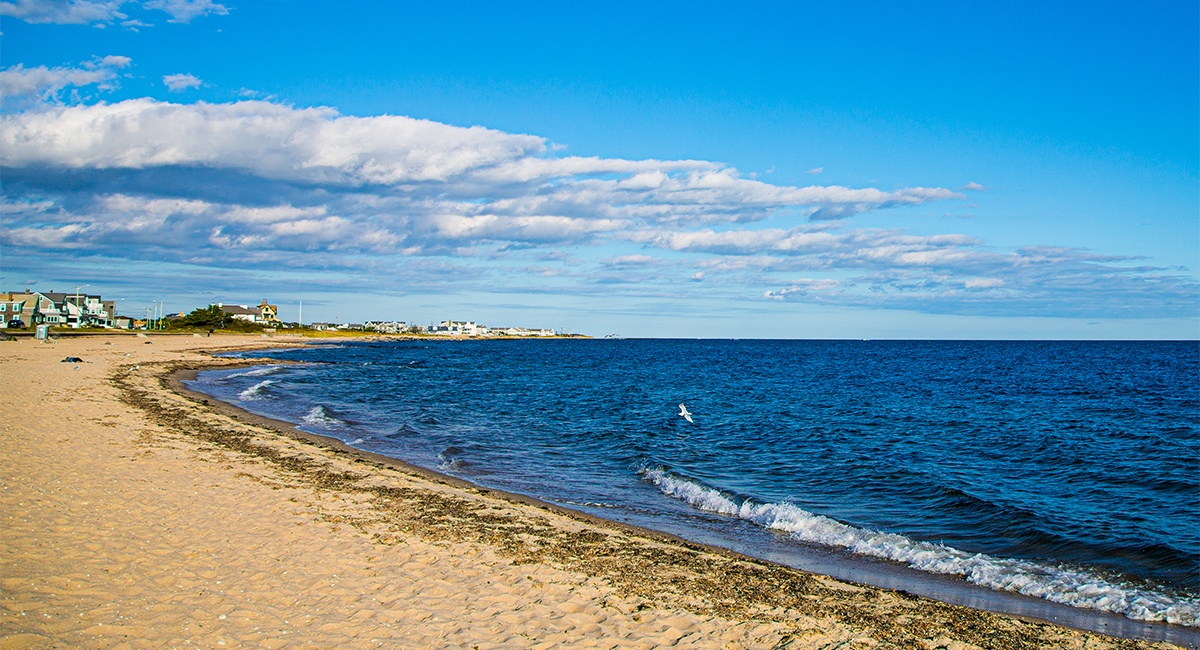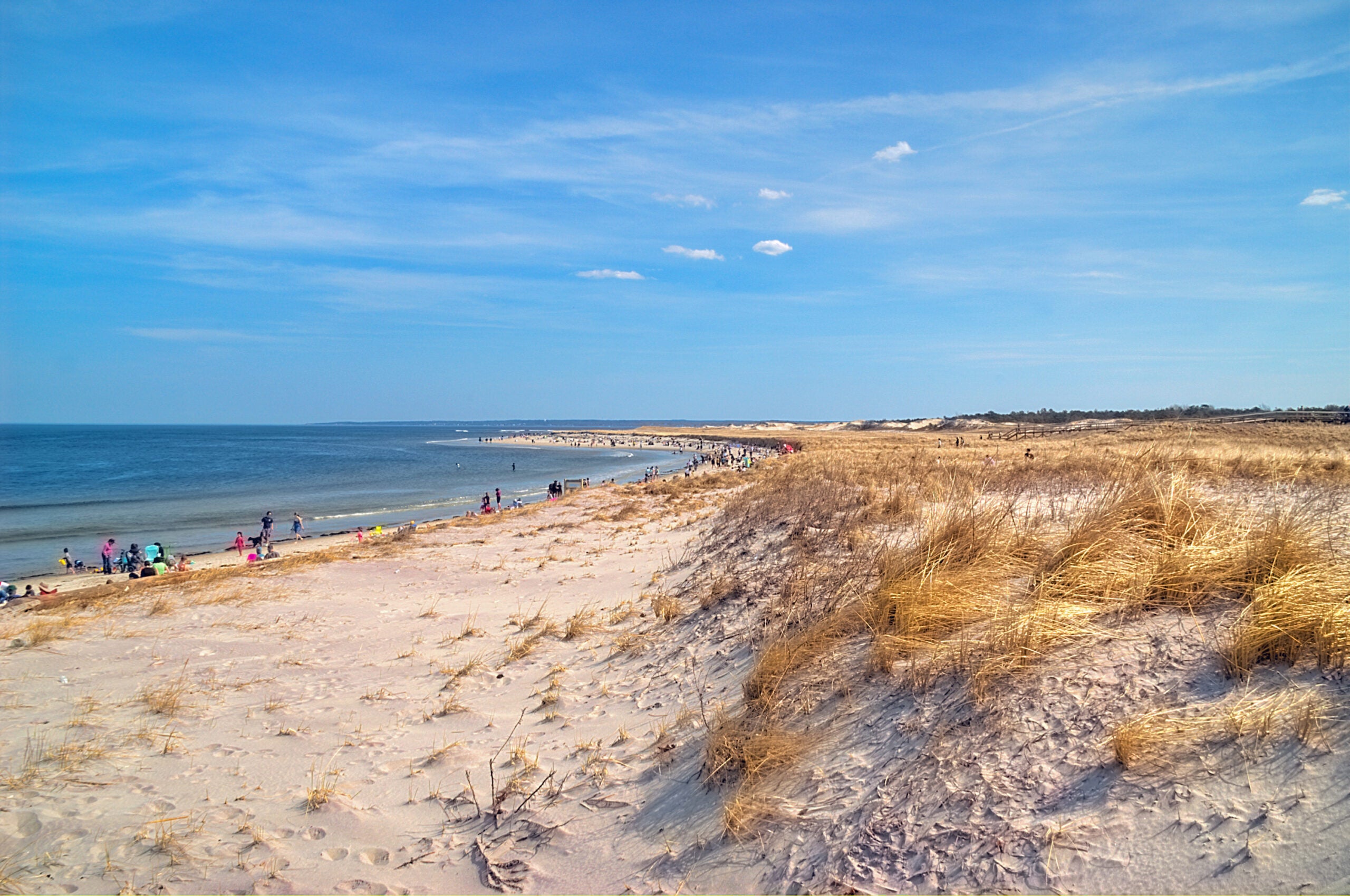Beach Closure Information
Massachusetts beaches closed – The following Massachusetts beaches are currently closed due to water quality issues, storm damage, or public safety concerns.
The sun kissed sands of Massachusetts beaches remain deserted, their usual summery buzz replaced by an eerie silence. Yet, amidst this tranquil solitude, a ripple of excitement stirs in the world of retail. The merger of Neiman Marcus and Saks has sent shockwaves through the industry, leaving many wondering about its implications for the future of luxury shopping.
As the merger reverberates through the retail landscape, the beaches of Massachusetts await the return of their vibrant life, a reminder that even in times of change, the allure of summer’s embrace endures.
Please check back for updates on the reopening status of these beaches.
With Massachusetts beaches closed due to the influx of seaweed, residents are looking for other ways to spend their summer. One option is to check out the latest Neiman Marcus press release , which has all the details on the retailer’s upcoming fall collection.
Even though the beaches are closed, there are still plenty of ways to enjoy the summer in Massachusetts.
Beach Closures
| Beach Name | Location | Reason for Closure | Estimated Reopening Date |
|---|---|---|---|
| Crane Beach | Ipswich | Water quality issues | August 25, 2023 |
| Good Harbor Beach | Gloucester | Storm damage | September 15, 2023 |
| Singing Beach | Manchester-by-the-Sea | Public safety concerns | October 1, 2023 |
Impact on Tourism and Local Businesses

The closure of Massachusetts beaches has a significant impact on the state’s tourism industry. Beaches are a major draw for tourists, and their closure means that many people will choose to vacation elsewhere. This could lead to a loss of revenue for hotels, restaurants, and other businesses that rely on tourism.
Local businesses that rely on beachgoers are also likely to be impacted by the closures. These businesses include restaurants, hotels, and retail stores. The loss of revenue from beachgoers could force some of these businesses to close, leading to job losses and a decline in the local economy.
Creative Solutions and Strategies
There are a number of creative solutions and strategies that businesses can implement to mitigate the impact of beach closures. These include:
- Offering discounts and promotions to attract customers who may be hesitant to spend money due to the closures.
- Partnering with other businesses to offer joint promotions or packages.
- Expanding into new markets or offering new products or services.
By implementing these strategies, businesses can help to offset the impact of beach closures and continue to generate revenue.
Environmental Factors Contributing to Closures: Massachusetts Beaches Closed

Numerous environmental factors can lead to the closure of beaches in Massachusetts, posing potential risks to public health and the environment. These factors include harmful algal blooms, sewage spills, and coastal erosion.
Harmful algal blooms (HABs) are caused by an overgrowth of microscopic algae that can produce toxins harmful to humans and marine life. Symptoms of exposure to HABs can include skin irritation, respiratory problems, gastrointestinal distress, and neurological effects.
Monitoring and Testing Procedures, Massachusetts beaches closed
To ensure the safety of beachgoers, Massachusetts Department of Public Health (MDPH) conducts regular water quality monitoring and testing at public beaches throughout the state. Water samples are collected and analyzed for the presence of harmful bacteria, such as E. coli and enterococci. If the levels of bacteria exceed established safety standards, the beach is closed to swimming and other water activities.
Long-Term Implications of Climate Change and Sea-Level Rise
Climate change and sea-level rise are significant threats to coastal communities in Massachusetts. Rising sea levels can lead to increased coastal erosion, which can damage or destroy beaches and infrastructure. Additionally, climate change can alter weather patterns, leading to more frequent and intense storms that can cause flooding and further damage to beaches.